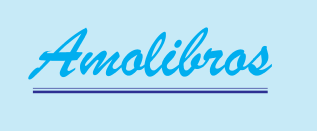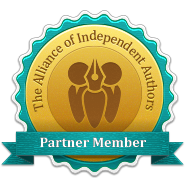
amolibros.com | amolibros@aol.com | 01823 401527 | Loundshay Manor Cottage, Preston Bowyer, Milverton, Somerset, TA4 1QF



A commercial publisher purchases the right to publish a manuscript (usually together with other rights, known as subsidiary rights), and pays the author either a royalty on sales or a set fee. Sometimes they also pay an advance on royalties. Commercial publishers publish only a tiny percentage of the manuscripts submitted. Some will only look at material supplied by agents. You can find a useful list of publishing companies here. They handle every aspect of editing, publication, distribution, and marketing, although authors often can help with promotion. There are no costs to the author with the possible exception of paying for use of photographs or other copyrighted material.
A vanity publisher prints and binds a book at the author’s sole expense. Costs include
the publisher’s profit and overhead, so vanity publishing is usually a good deal
more expensive than self-
A subsidy publisher also takes payment from the author to produce a book, but asserts that he contributes a portion of the cost and/or adjunct services such as editing, distribution, warehousing, and marketing, though this may be difficult to assess. The completed books are the property of the publisher, and remain in the publisher’s possession until sold. Income to the writer comes as a royalty on sales.
Self-
For more on self-
| more amolibros publishers |
| kindle |
| smashwords |
| barnes and noble |